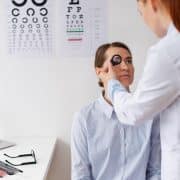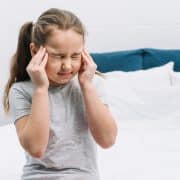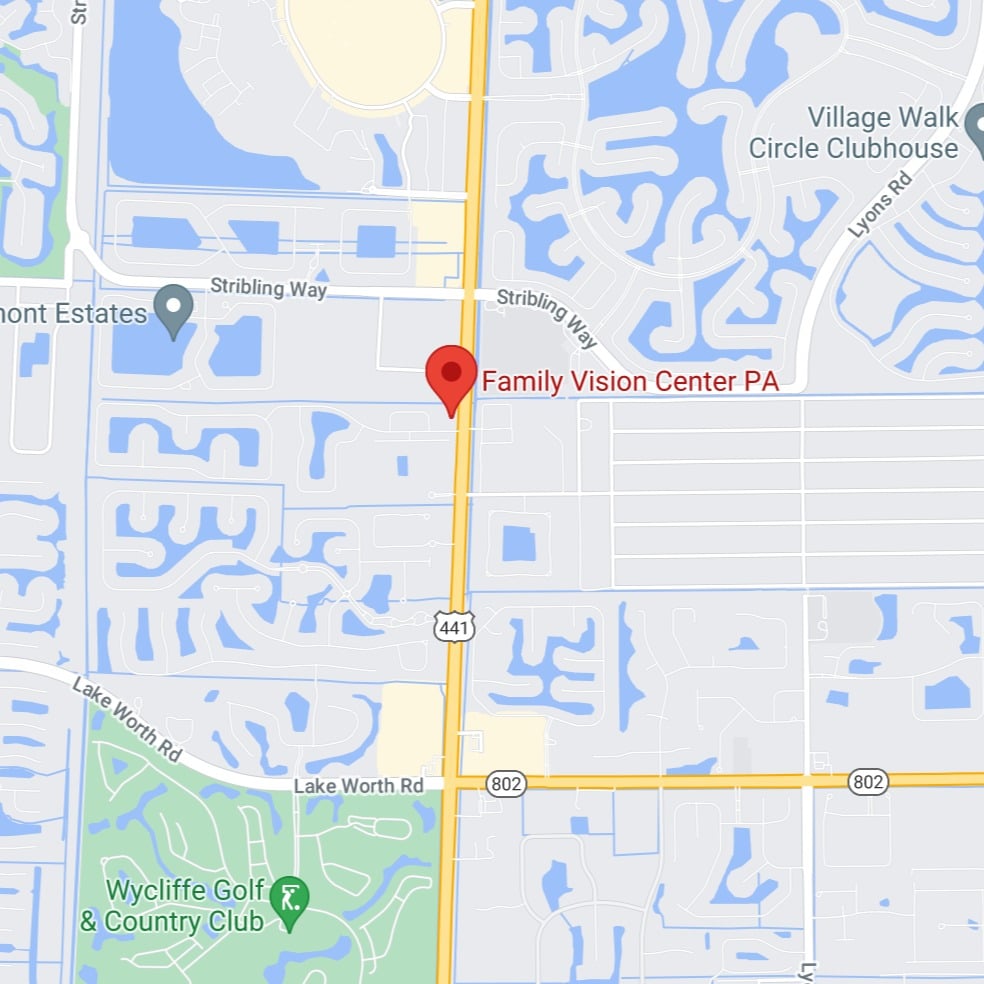Why Are My Eyes Always Itchy?
Eyes can become itchy for all sorts of temporary reasons. But if you find that your eyes are chronically itchy, meaning it seems like they’re always itching, it’s time to visit your eye doctor in Wellington, FL. Your eye doctor can diagnose and determine a treatment plan for your itchy eyes so that you can get some relief. In the meantime, here are some common causes of itchy eyes to be aware of.
Allergies
The most common cause of itchy eyes is allergies. In Wellington, Florida, there are all kinds of potential allergens that can cause your eyes to itch. Most are seasonally-related. If you find that your eyes tend to get itchy at certain times of the year, it’s likely that you’re allergic to pollen or some other irritant.
However, there are other possible allergens to consider. You may be experiencing itchy eyes due to a certain eye makeup, face soap, or laundry detergent. It’s recommended to keep a log to see if you can establish a pattern between products, seasonal allergens, and your itchy eyes flareups.
Dry Eye Syndrome
Another common, yet often overlooked, cause of itchy eyes is dry eye syndrome. This condition occurs when your eyes don’t produce enough tears, or the tears evaporate too quickly. Without sufficient lubrication, your eyes can become irritated and itchy. Environmental conditions and even aging can contribute to this condition. You can get a diagnosis and treatment for dry eye syndrome in Wellington, FL.
Eye Strain
Factors such as prolonged screen time and working long hours can contribute to eye strain. A common symptom of eye strain is itchy eyes. Try to close your eyes every few minutes for several seconds to give your eyes a break. You may need to make other lifestyle changes.
If you have itchy eyes, don’t ignore it. You could damage your eyes by repeated rubbing. Contact us today to schedule your eye exam so we can get to the source of the problem.











